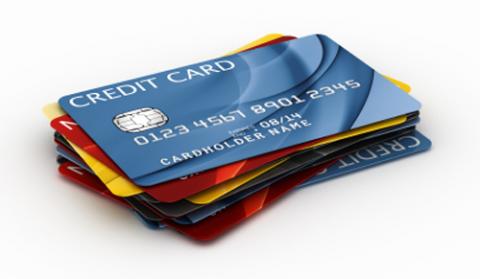Questions about Credit

Your credit history is based on information sent to the two major credit reporting agencies in Canada Equifax and TransUnion from companies who have extended credit to you.
Your credit score is used by lenders to help them establish whether or not you’re a credit risk and to mitigate losses due to bad debt. The credit reporting agencies use a statistical formula that translates your information into a 3 digit score between 300 and 900. Higher scores are considered better scores. The higher the score, the more favourably lenders look upon you as a credit risk.
Each lender has different criteria which are considered in determining whether they will lend you money. Some lenders require a minimum credit score to extend credit and other lenders link your mortgage rate to your credit score depending on their perceived risk.
The credit scoring model is always changing. Our mortgage professionals stay on top of emerging trends on the credit scoring scene so that we can continue to provide correct advice and the best possible service to our clients.
Factors that can impact your credit score include:
- Length of time you have had active credit
- Payment History
- Current Debts
- Recent Inquiries
- Types of Credit facilities you are using
- Bankruptcy or collection items
What kind of information does your credit report contain?
Your credit report contains information about your past and present personal and financial situation.
- Personal information: This is information such as your name, address, social insurance number, telephone number, date of birth, and your current and previous employer(s).
- Credit information: This is information related to any credit you may already have, such as a credit or retail card, a line of credit, a loan or a mortgage.
- Banking information: This is information about the accounts you have, including any NSF cheques you may have written.
- Public records: This is any information on the public record such as a bankruptcy or a credit-related court judgment against you in a lawsuit. Secured loans, which are backed by an asset (your property for example), may also appear in your credit report.
- Collection information: This shows whether you ever had a debt that you could not pay which was referred to a collection agency for payment.
- Consumer statement: This is any statement you may have made to explain a particular situation, such as a dispute with a financial institution or a fraud warning.
- Credit report inquiries: This is a list of all of the people who have inquired about your credit: yourself, a lender or any other authorized organization.
If You Do Not Have a Credit Score
It’s important to begin building a credit history as early as possible. You can begin to build one by applying for — and responsibly using — a credit card. Your financial institution or mortgage professional can help.
How to Improve Your Credit Score
Demonstrating your ability to manage credit is key to maintaining a good credit score. There are a number of things you can do to improve your credit score. These include:
- Always pay your bills in full and on time. If you cannot pay the full amount, try to pay at least the required minimum shown on your monthly statement.
- Pay off your debts (such as loans, credit cards, lines of credit, etc.) as quickly as possible.
- Never go over the limit on your credit cards, and try to keep your balances well below the limits.
- Reduce the number of credit card or loan applications you make.
Once your credit score has improved, work with your mortgage professional to obtain a mortgage that works for you.
Find Out More
To find out more about credit scores and reports, visit the Financial Consumer Agency of Canada or click here to download Understanding Your Credit Report and Credit Score. This guide provides practical, straightforward information on how to obtain and understand your credit report and score, as well as how to build and maintain a good credit history.
